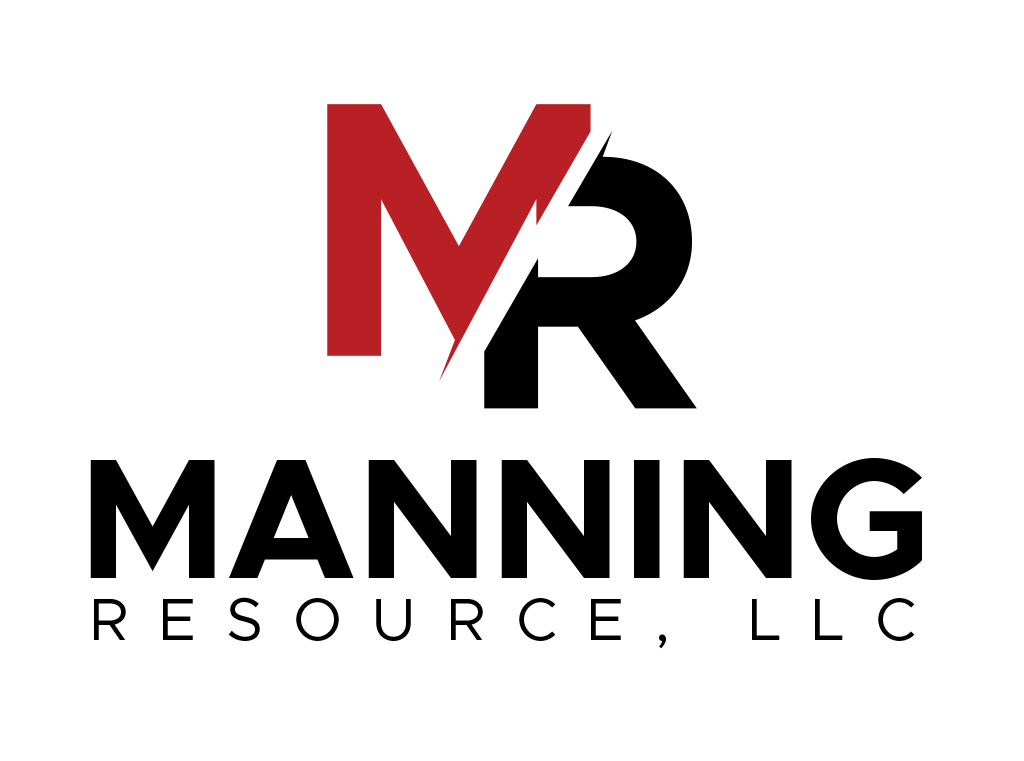Recall Review (Two Different Recalls for a Similar Reason)
June 9, 2023
Wawona Frozen Foods Voluntarily Recalls Organic Daybreak Blend Processed and Sold in 2022 Due to Possible Health Risk
June 12, 2023
Additionally, on June 12, 2023, another recall came out from the following company.
Willamette Valley Fruit Co. Recalls Great Value Sliced Strawberries, Great Value Mixed Fruit Great Value Antioxidant Blend, Rader Farms Organic Fresh Start Smoothie Blend, and Rader Farms Organic Berry Trio Because of Possible Health Risk
When a company announces a recall, market withdrawal, or safety alert, the FDA posts the company’s announcement as a public service. FDA does not endorse either the product or the company.
Company Announcement (For Wawona Frozen Foods)
(Clovis, California) Wawona Frozen Foods is voluntarily recalling year-old packages of its Organic DayBreak Blend distributed to Costco Wholesale stores in Arizona, California, Colorado, Utah and Washington from April 15, 2022 to June 26, 2022 because the DayBreak Blend includes organic frozen strawberries grown in Mexico which may have the potential to be contaminated with Hepatitis A.
Wawona Frozen Foods is issuing this voluntary recall for the year-old Organic DayBreak Blend out of an abundance of caution. There have been no illnesses associated with this voluntary and precautionary recall.
The recalled year-old DayBreak Blend packaging: 4 LB (1.81 KG) (see images below)
Wawona Frozen Foods is fully cooperating with federal health officials and Costco to ensure consumers are alerted about the recalled Organic DayBreak Blend distributed by Wawona Frozen Foods last year.
Hepatitis A is a contagious virus that can cause liver disease. A Hepatitis A virus (HAV) infection can range in severity from a mild illness lasting a few weeks to a severe illness lasting several months. In rare cases, particularly consumers who have a pre-existing severe illness or are immune compromised, Hepatitis A infections can progress to liver failure. Illness usually occurs within 15 to 50 days after eating or drinking contaminated food or water. Symptoms of Hepatitis A infection include fever, headache, fatigue, loss of appetite, nausea, vomiting, diarrhea, abdominal pain, jaundice, dark urine or pale stool. In some instances, particularly in children under the age of six, Hepatitis A infection may be asymptomatic. Persons who may have consumed affected product should consult their health care provider or local health department to determine if a vaccination is appropriate and consumers with symptoms of Hepatitis A should contact their health providers or the local health department immediately. For more information about Hepatitis A visit www.fda.gov.
As you can see, some situations can result in recalls extending for long periods or far from when the situation occurred.
In this case, the company is recalling a product that was produced a year earlier.
So, using this case, what was the problem, and what can we do to prevent this?
Hepatitis A is a highly contagious virus that affects the liver and can cause liver illness, damage and even failure. Sources of Hepatitis A can be from shellfish that come from contaminated water or food contaminated with Hepatitis A.
The source of Hepatitis A is typically from an infected person who contaminates food with fecal material following using the restrooms and not washing their hands properly.
Possible root causes of Hepatitis A in Food Manufacturing
- Infected employees who use restroom facilities and fail to wash their hands properly.
- Contaminated raw ingredients, sometimes from unapproved suppliers and/or failure to follow proper inspection procedures.
How can you keep yourself, your employees, and your company safe?
- Provide detailed training on Hepatitis A and other viruses and microorganisms of concern. Be sure to explain why it is important and what they can do to protect themselves and the consumers of the product.
- Explain how current Good Manufacturing Procedures (GMPs) can safeguard and prevent food safety incidents and recalls.
- Review your current approved supplier lists and ensure you only source from these companies. Additionally, look at the contractual language to ensure suppliers cannot source from unapproved vendors.
- Communicate what your employees will do if they are ill or become ill while at work, along with return-to-work policies. Your company should also include post-exposure policies.
Although many companies provide training on an annual basis, as well as after an incident, it is good practice to keep it in the forefront of people’s minds with frequent reminders.
Here are some best practices to keep the message current.
- “Catch” an employee or employees following proper procedures and make an example out of them. When you see someone following the policy correctly, make a big deal of it and showcase it in the company newsletter, at other training sessions, or on the company news board.
- Ensure your employees know how important they are and how critical their work keeps their coworkers and consumers safe.
- Highlight real events that are in the news and how they affected the employees or company.
- Ask for continual communication and feedback on the programs and what you can do better to improve the process and remove obstacles.
By doing this, you will continue to educate your workforce and keep them and your consumers safe.
Together we can all do our part to be advocates for prevention and drive out recalls worldwide!




